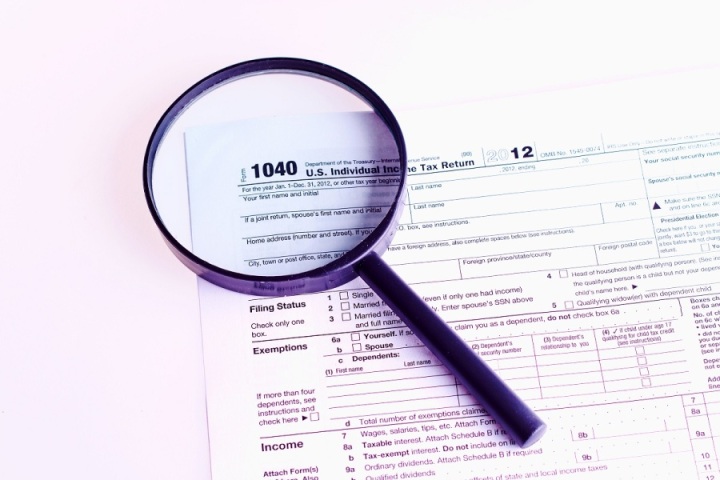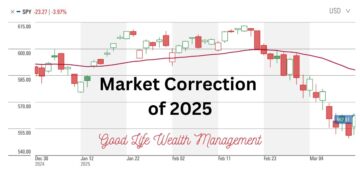New retirees often overlook the bite that taxes will take out of their income. Even though they are no longer receiving a paycheck, taxes can still add up in retirement. There are quite a few ways to reduce these taxes, which unfortunately, most people will miss on their own. Here are 5 mistakes you can avoid through careful planning.
1) Taking a large withdrawal from a retirement account in one year. If your income is modest and you will require $60,000 from an IRA, you will pay much less in taxes by taking withdrawals of $20,000 over three years versus taking $60,000 out in one year. Plan ahead and aim to smooth your withdrawals from qualified accounts, or better yet, take only RMDs. Don’t wait until an emergency or for a large expense to plan your IRA distributions.
2) Taking a withdrawal from a retirement account to avoid a capital gain on selling a stock. The IRA withdrawal will be fully taxable as ordinary income, but a long-term capital gain would be taxed at the lower rate of 15% (or 20% if you’re in the top tax bracket). Only the gains portion of the sale is taxable, whereas 100% of the IRA distribution is taxable. For ETFs and individual stocks, you can even specify which lots to sell, giving you the opportunity to sell the lots with the highest cost basis, rather than the default first in, first out, or average cost method used by mutual funds.
3) Inefficient Asset Location. I often see that portfolios are set up with bonds in a taxable account and stocks in the IRA, so that retirees can take the income from the bonds and avoid touching the stocks in the IRA. Actually, it would be much more tax efficient to reverse the locations and place the bonds in the IRA.
Bond interest is taxed as ordinary income, as are IRA distributions. Put your bonds in the IRA and take your bond income from the IRA, as the distributions will be taxed exactly the same. Place your stocks in the taxable account, and you can receive favorable tax rates (15%) on capital gains and dividends, and you won’t have any capital gains until you sell. (If you’ve been burned by taxable distributions from equity mutual funds, it’s time for you to learn about ETFs.)
Keeping high growth stocks out of your IRA will also reduce your future RMDs and reduce the taxes that will have to be paid by your heirs. Heirs receive a step-up in basis on stocks in a taxable account, but not in an IRA. By placing bonds in your IRA, you can reduce future taxes in many ways. This concept can often be difficult for people to grasp, so if you’d like an example, feel free to email me or give me a call.
4) Selling the oldest savings bonds. Many retirees hold EE savings bonds but are not managing these bonds. Some older bonds had fixed rates or guaranteed minimums, whereas bonds issued starting May 2005 currently pay only 0.50%. (This resets every 6 months, and this rate is current through 10/31/2014.) As a result, you’re better off selling your newer bonds and keeping the older ones (pre-2005) which have higher interest rates. Don’t forget that the bonds are guaranteed to reach their face value in 20 years, so you may be rewarded by holding on to a 17 year old bond for a couple more years. EE bonds will receive interest for up to 30 years, which is the maximum time you should hold bonds. By selling the newer bonds, you will pay less in taxes compared to selling older bonds which have appreciated more. Use the tools at TreasuryDirect.gov to keep track of the current values and interest rates on your EE bonds.
5) Failing to harvest losses on investments. While your heirs will receive a step-up in cost basis for an appreciated security, they will lose any tax benefits associated with a position at a loss. Sell the position and redeploy the capital as needed to maintain your target asset allocation. A loss can be used to offset any capital gains in that year, plus $3,000 can be used against ordinary income and any remaining loss will carry forward to future years.
New retirees can undermine their retirement planning if they ignore the impact of taxes. It can be costly to make changes after the fact, so it’s best to make sure you have a plan in place before retirement. It’s not a once and done event either, because managing taxes is an ongoing process. Many people turn to a financial planner for selecting investments, and discover that they receive even greater benefits from other areas such as tax management.







